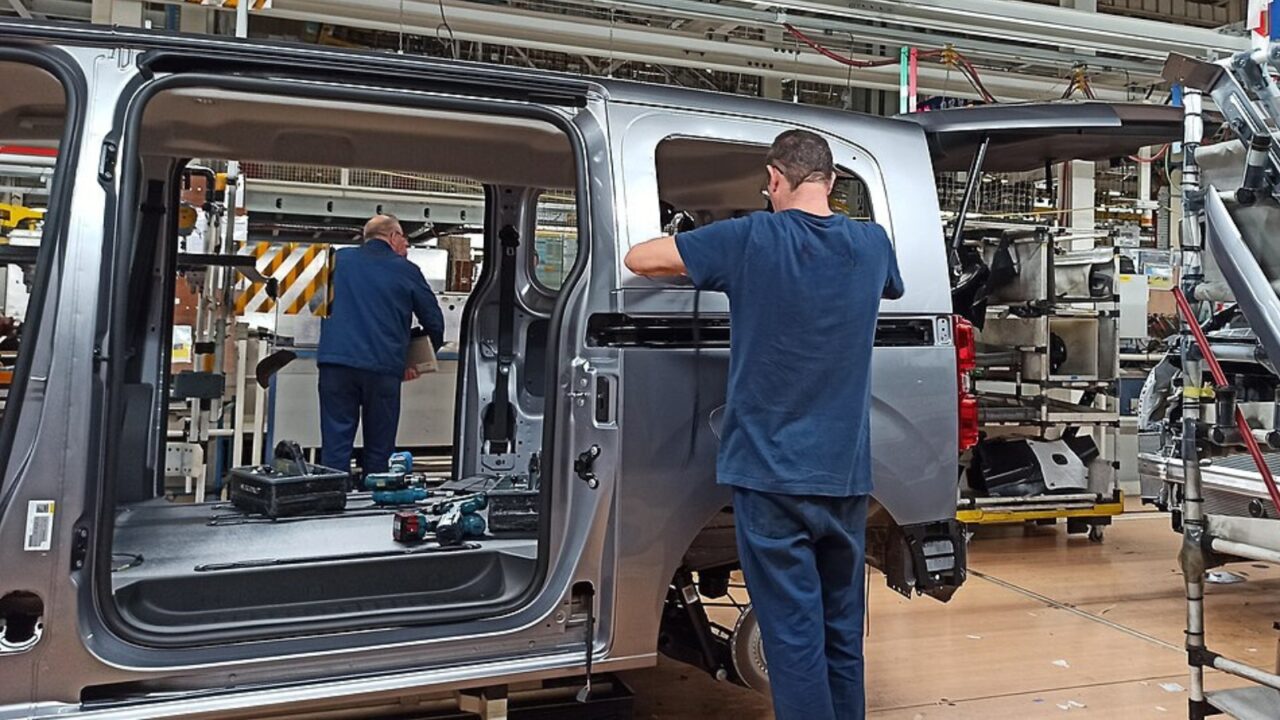BMW’s visionary investment in electric Mini production, Stellantis’ transformation of the Ellesmere Port plant, and the UK’s largest Gigahub opening in Birmingham. Discover how these developments are shaping the future of electric motoring in the UK.
BMW’s bold investment in Mini factories
The Mini, with its iconic British identity, is poised to maintain its heritage while embracing electric mobility. BMW, the renowned German automaker, is set to make a substantial investment, amounting to hundreds of millions of pounds, in its Mini factory near Oxford, with a vision to manufacture the next generation of electric vehicles (EVs).
This strategic move involves the initiation of production for two new electric Mini models at the Cowley plant in 2026, paving the way for a greener automotive future. This significant commitment is not only about revamping the facility but also securing the livelihoods of over 4,000 employees who work across two key sites.
BMW’s formidable investment, approximately £600 million, expanding the body shop, and establishing a dedicated area for battery installation. Additionally, logistical facilities will be constructed at Cowley and the Swindon factory, which specialises in crafting body panels for new vehicles.
These developments will enable the production of two cutting-edge electric Mini models, the Mini Cooper and the larger Mini Aceman, alongside traditional vehicles.

The decision holds paramount significance for the future of the two UK factories, especially with the Mini brand’s commitment to going fully electric by 2030. Notably, the Cowley plant saw the launch of the first electric Mini in 2019, but BMW’s earlier plan had involved shifting most electric car production to China.
Production for these models is expected to commence next year at Great Wall’s factory in Zhangjiagang, China, with Cowley following suit in 2026. This shift aligns with Prime Minister Rishi Sunak’s assertion that the UK is the optimal location for manufacturing the cars of the future.
BMW’s investment in UK manufacturing follows a series of government-supported initiatives to bolster electric vehicle development in the country. These measures are undertaken in anticipation of the impending ban on the sale of new petrol and diesel-powered cars by 2035.
Notably, Jaguar Land Rover’s plans to construct a colossal gigafactory for batteries in Somerset, backed by substantial taxpayer support.
Ellesmere Port manufacturing plant
Last week, Stellantis, the automotive giant behind Abarth, Alfa Romeo, Fiat, and Jeep, unveiled some significant news that signals a dynamic shift in its operations.
An investment to the tune of £100 million has been poured into the Ellesmere Port manufacturing plant, catapulting it into the forefront of electric vehicle (EV) production in the UK. This monumental move solidified its position as the first British car factory entirely dedicated to producing electric vehicles.
But there’s more to the story. In addition to manufacturing the Vauxhall Combo Electric, Peugeot e-Partner, and Citroen e-Berlingo, the Ellesmere Port plant will also be churning out the Fiat E-Doblo, all of which share a common platform.
This colossal investment has kept the facility bustling with activity. The substantial funds have been channelled into creating a cutting-edge battery assembly shop, an overhaul of the body shop, and enhancements to general assembly areas.
The plant’s energy efficiency has been amped up by an impressive 60 per cent, while the construction of a test track, set to open next year, adds another feather to its cap.

Stellantis is unwavering in its commitment to collaborate with the government, aiming to bolster the competitiveness of the UK’s electric vehicle production sector in the long run.
UK’s largest Gigahub opens in Birmingham
In a momentous stride for Britain’s electric vehicle (EV) charging infrastructure, Chancellor Jeremy Hunt inaugurated a groundbreaking electric vehicle charging station hub at Birmingham’s NEC Campus.
This represents the most extensive private investment in a UK electric car initiative to date, with a colossal £8 million funding infusion from its investment partner, Zood Infrastructure Limited. It was developed through a collaborative effort between the NEC, EV Network, and BP pulse, who now operate the site.
At the heart of this state-of-the-art facility are 30 super-fast 300kw DC charging bays, complemented by an additional 150 7KW a/c charging bays, making it one of the largest clusters of super-fast chargers in a single UK location. The site is poised to become a pivotal transport hub for the future.
The government and industry have collectively facilitated the installation of more than 45,500 publicly accessible electric vehicle charging devices, including over 8,600 rapid chargers for battery electric vehicles (BEVs.) This substantial growth in public charging infrastructure, which saw a 38% increase in the number of charge points over the past year, is a testament to the rapid adoption of electric vehicles in the UK.
The government’s announcement includes the launch of a £343 million Local EV Infrastructure fund, available for local authorities across England. Future initiatives like this Gigahub™ play an instrumental role in ensuring that EV owners have convenient and efficient charging solutions.
